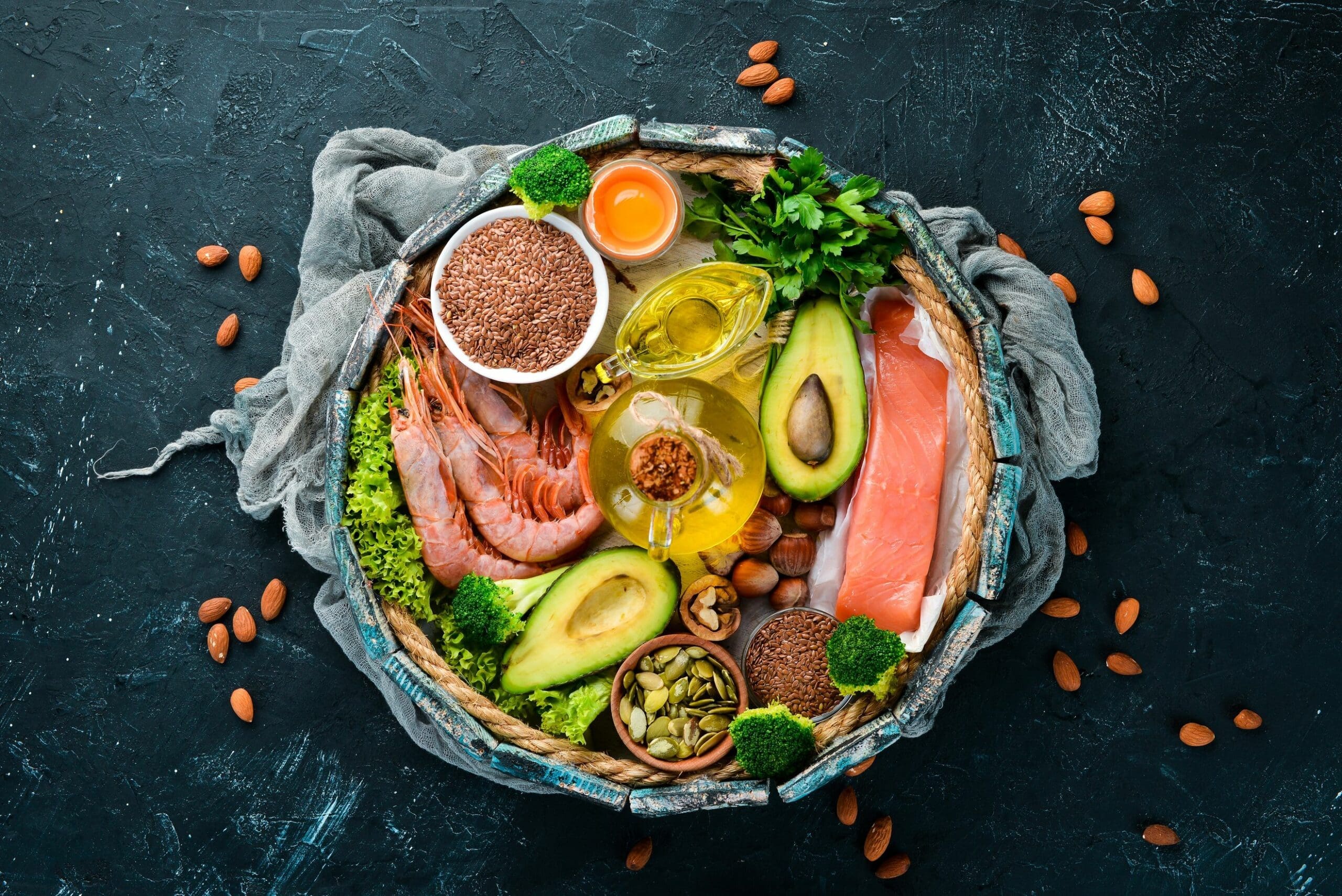Here at the Health Reader, we’re often sceptical of the benefits of supplements marketed as a cure-all for any number of diseases or conditions. But supplements can be useful in certain circumstances – when recommended by a doctor, when you’re in a certain group known to be at risk of deficiency, or when they’re used at a population level to boost our overall health.
Did you know that it’s mandatory in Australia for margarine to have added vitamin D, and for the wheat flour used to make bread to be fortified with folic acid? There are good public health arguments for why this should be the case. Now, Australian researchers appear to have found an important use for omega-3 supplements.
This was a Cochrane review (one of the highest forms of evidence) of more than 70 trials involving about 20,000 women, looking at whether the use of omega-3 supplements during pregnancy reduced the risk of a baby being born preterm. Most of the trials they looked at compared women who took various doses of omega-3 versus those who took nothing at all, and the outcomes for their babies.
The researchers found that taking omega-3 supplements during pregnancy had a significant impact on rates of preterm birth.
The number of babies born preterm, or before 37 weeks, was 11 per cent lower in the group of women taking omega-3 compared with those who didn’t. And the number of babies born very preterm – before 34 weeks – was reduced by 42 per cent.
They didn’t have enough data to say whether similar effects could be achieved by eating whole fish, which also contains good amounts of omega-3. The researchers think that omega-3’s may affect the hormones that tell the pregnant woman’s body the baby is ready to come.
Implications
The size of these reductions in pre-term birth are remarkable. The authors say that this evidence is a case for omega-3 supplementation among all women who want to become pregnant.
To achieve the effect seen in the study, go for a DHA dose of 500mg. Eating salmon three times a week has a similar dose, but other studies have shown that Australians usually don’t eat enough fish, and it’s difficult to change this, so supplementation may be the more pragmatic route.

